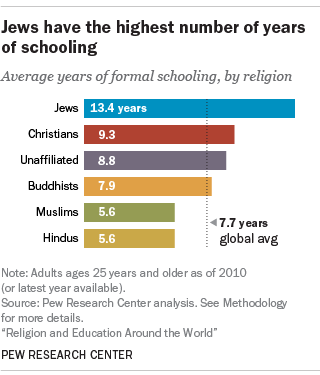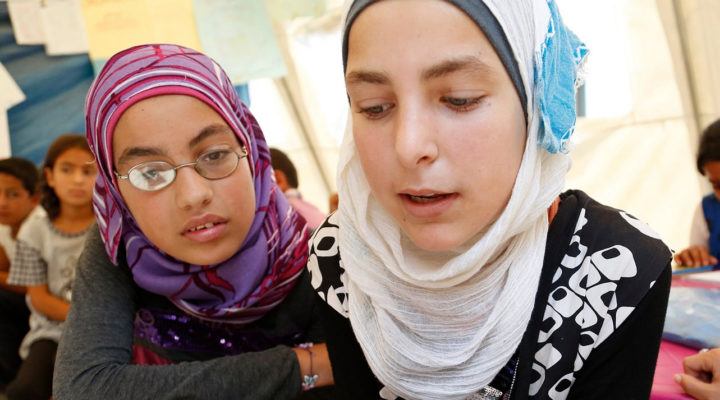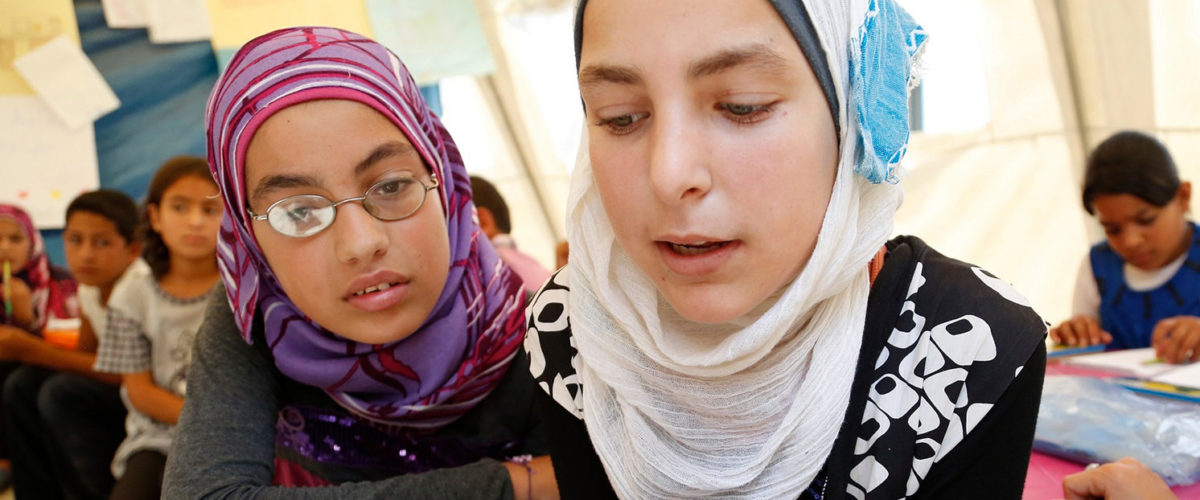There are times when mixing religion and education is desirable. And there are times when it isn’t.
Critics of Betsy DeVos have claimed the nation’s new education secretary is definitely an example of the latter.
From her nomination last month and through her 51-50 confirmation on Tuesday, DeVos has been criticized for her vigorous support of school vouchers at a time when public education is struggling.
And there are worries DeVos sees few if any barriers between the schoolhouse and the church, especially given her stated belief that her job as education secretary will be to advance the kingdom of God.
But research shows that learning and faith can go hand-in-hand, and that some religious traditions seem to value secular education more than others.
The Pew Research Center has examined the relationship between religion and education worldwide.
The research, which drew on census and survey data from 151 nations, found that gaps exist between faith traditions but that gains are being made across the board, especially among women and younger adults.
 Pew’s findings demonstrate positive attitudes about formal education definitely exist among people of faith.
Pew’s findings demonstrate positive attitudes about formal education definitely exist among people of faith.
“Jews are more highly educated than any other major religious group around the world, while Muslims and Hindus tend to have the fewest years of formal schooling,” according to the demographic study titled “Religion and Education Around the World.”
Jews on average have 13.4 years of formal schooling while Christians, in second place, have 9.3 years of formation education. Those unaffiliated with any faith tradition have 8.8 years, followed by Buddhists with 7.9 years, Pew reported.
Muslims and Hindus, on average, each have 5.6 years of formation education.
“These gaps in educational attainment are partly a function of where religious groups are concentrated throughout the world,” Pew said.
Most Jews, for example, live in the United States and Israel, which are economically developed with higher levels of education overall, the organization said.
“And low levels of attainment among Hindus reflect the fact that 98 percent of Hindu adults live in the developing countries of India, Nepal and Bangladesh.”
But there are factors other than geographical in the statistics. Pew said it found significant gender gaps in educational achievement within religious traditions,
Within Islam, women have attained 4.9 years of schooling, while men have achieved 6.4 years. Hindu women have on average 4.2 years compared to 6.9 years for men in that tradition, according to the report.
The gender disparity in Christianity is smaller, with 9.5 years for men and 9.1 for women.
Judaism is the only religion in which Pew found no gap between the sexes: both Jewish women and men have 13.4 years of formal education.
While these gaps exist, they are also shrinking, the research organization discovered.
For example, the youngest Hindu adults, those born between 1976 and 1985, have nearly double the years of schooling of those born between 1936 and 1955, Pew said.
Similar gains were found among Muslims and Buddhists.
Other faiths have not seen those advances.
“Over the same time frame, by contrast, Christians gained an average of just one more year of schooling, and Jews recorded an average gain of less than half a year of additional schooling,” the report said.


